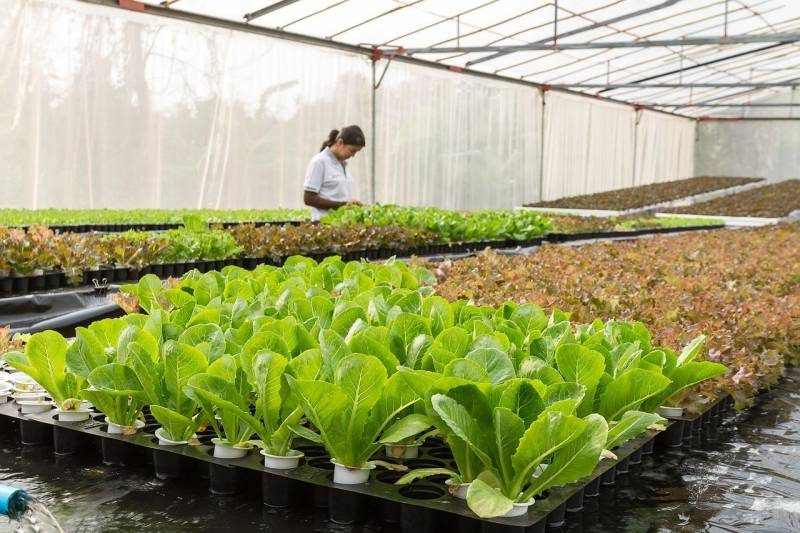Chatham-Kent’s new development charges spark concerns among greenhouse industry


Chatham-Kent municipal council’s recent decision to implement new development charges for water and wastewater has caused a stir in the greenhouse industry.
The charges, slated to begin at approximately $179,000 per acre for new greenhouse developments, are set to rise to $366,000 per acre by 2029. The move has raised concerns about the potential adverse effects on greenhouse investment within the municipality.
A delegation from the Ontario Greenhouse Vegetable Growers (OGVG), including growers and staff, voiced their concerns to the council ahead of the decision.
“Locally, companies like Honey Electric, Dordt and Timbertech Construction have over 50 per cent of their business dedicated to the greenhouse industry,” said Greg Devries of Truly Green. Devries added that “the sudden increase in development charges will increase the cost of a planned and financed 30-acre build at the Cedar Line location by $2.55M for just water and wastewater.”
George Dekker of Mucci Farms also addressed the industry’s efforts to minimize its strain on municipal infrastructure through various water conservation measures.
“We dig wells, we build water ponds to house rainwater, sometimes we have developments that will take water out of the lake, this is all to minimize our impact on the public infrastructure of water,” said Dekker. “Development charges should be site-specific and considered case-by-case based on the many water conservation measures employed by greenhouses.”
In response, the municipality amended its by-law to provide exemptions for farms opting for private water and wastewater services, subject to approval from the Chatham-Kent Public Utilities Commission (PUC).
Richard Lee, executive director of OGVG, acknowledged the municipality’s recognition of the economic and food security benefits associated with greenhouse development. However, he expressed disappointment over the perceived impediment to future growth posed by the substantial development charges.
“Notwithstanding the high development charges, Chatham-Kent sees the economic, employment, and food security benefits brought by greenhouse development,” said Lee. “They have signalled they want to continue engaging with the sector to support growth, development, and food security but in essence, they have now hung a ‘closed for business’ sign at their municipal offices for any future planned greenhouse growth.”
Recently, Chatham-Kent municipal council unanimously approved the formation of a working group comprising stakeholders from municipal staff, utilities and greenhouse farms. The effort aims to engage local legislators and adopt a comprehensive approach to addressing the obstacles and opportunities surrounding greenhouse development in the region.
“Chatham-Kent wants greenhouse development to support growth which unfortunately can’t happen under egregious development charges in place,” said OGVG chair George Gilvesy. “Development may be frozen today but all stakeholders are looking for a thaw and growth to come to Chatham-Kent.”
Source: grocerybusiness.ca

